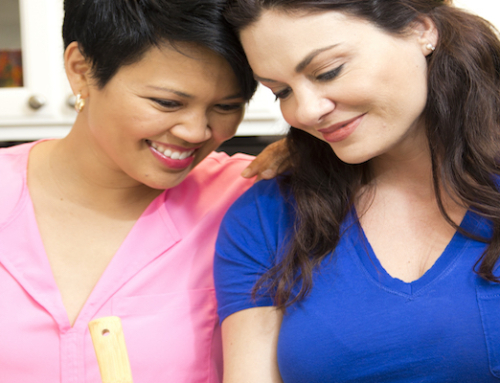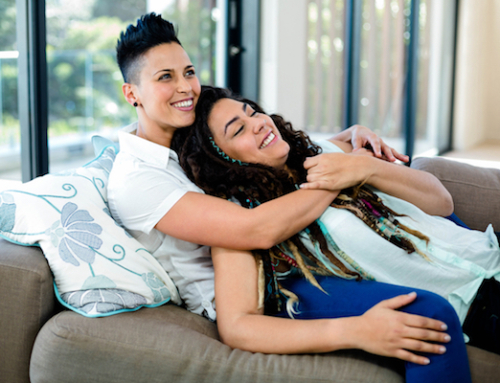Let’s face it! In our love relationships, we all mess up at times. We may have the best of intentions, but there are times when we run late, forget to text when we said we would, or are oblivious to our partner’s needs.
Clearly our actions (or inactions) can cause our partner or spouse pain, disappointment, sadness, or resentment. But the ways in which we respond to their feelings can either exacerbate the negativity or can wind up bringing you closer.
Think about it for a minute. When you’re the one who fouled up, how do you handle it? Do you offer your “I’m sorry” quickly or are you stubborn? Do you say it just to get it over with or do you say it in a way that is authentic and genuine?
Before providing you with tips for apologizing in meaningful ways, let’s look at some universal areas in our relationships where the art of apologizing can become quite important. Here are some behaviors to which many of you can probably relate:
• Initiating snarky, sarcastic, and often loud arguments (especially around friends)
• Disrespecting your partner’s requests regarding housework, finances, child and/or pet responsibilities
• Forgetting or invalidating your partner’s important events
• Popping off without thinking
• Ignoring your partner’s needs
The problem is that the main reason some of us need to apologize is that we were too stubborn or proud to apologize in the first place. That’s right—apologizing for not apologizing. So instead of continuing the craziness, here are some tips for saying “I’m sorry” and really meaning it.
Empathize
Put yourself in your partner’s position and try to imagine what you would have felt if they had done the same or similar thing to you. For example, perhaps it’s not important to you that she accompanies you to doctors’ appointments, but maybe it’s very important to you that she goes with you to your parents’ house for dinner on Sunday night. How would you feel if she changed her mind at the last minute and now wasn’t going to attend? Or maybe she just plain forgot? In other words, the more you can empathize and relate, the more genuine your apology can be.
Apologize Quickly
When something is difficult in life, we tend to avoid and procrastinate. But when your partner is waiting for your apology, feelings such as resentment, disappointment, and sadness tend to balloon. For the sake of your relationship and the love you feel for your partner, transcend your own feelings and “just do it.”
Apologize Verbally and Non-Verbally (And Be Sincere)
Many people think that saying “I’m sorry” is enough. It is not. It’s also important to be vulnerable and open, to use “I” statements. For example, while looking into her eyes say, “I felt really sad and guilty that my forgetting your birthday hurt you so much. I’m so sorry.” And then suggest a hug, maybe even a kiss.
Take Responsibility
Immediately take responsibility without “buts” or shifting blame. Once you apologize, never say “but”—that word totally negates the apology. Above all, stay away from blame, criticism, and accusatory “you” statements. If you engage in those behaviors, you’ll just dig a deeper hole and you’ll have to apologize for that too.
In the end, knowing how to apologize in an honest, vulnerable, and compassionate way is an essential part of a healthy relationship. No one is perfect. All of us can be careless, forgetful, thoughtless, and downright inconsiderate. Work together on practicing your apologizing skills and always remember that love does indeed mean having to say you’re sorry.






